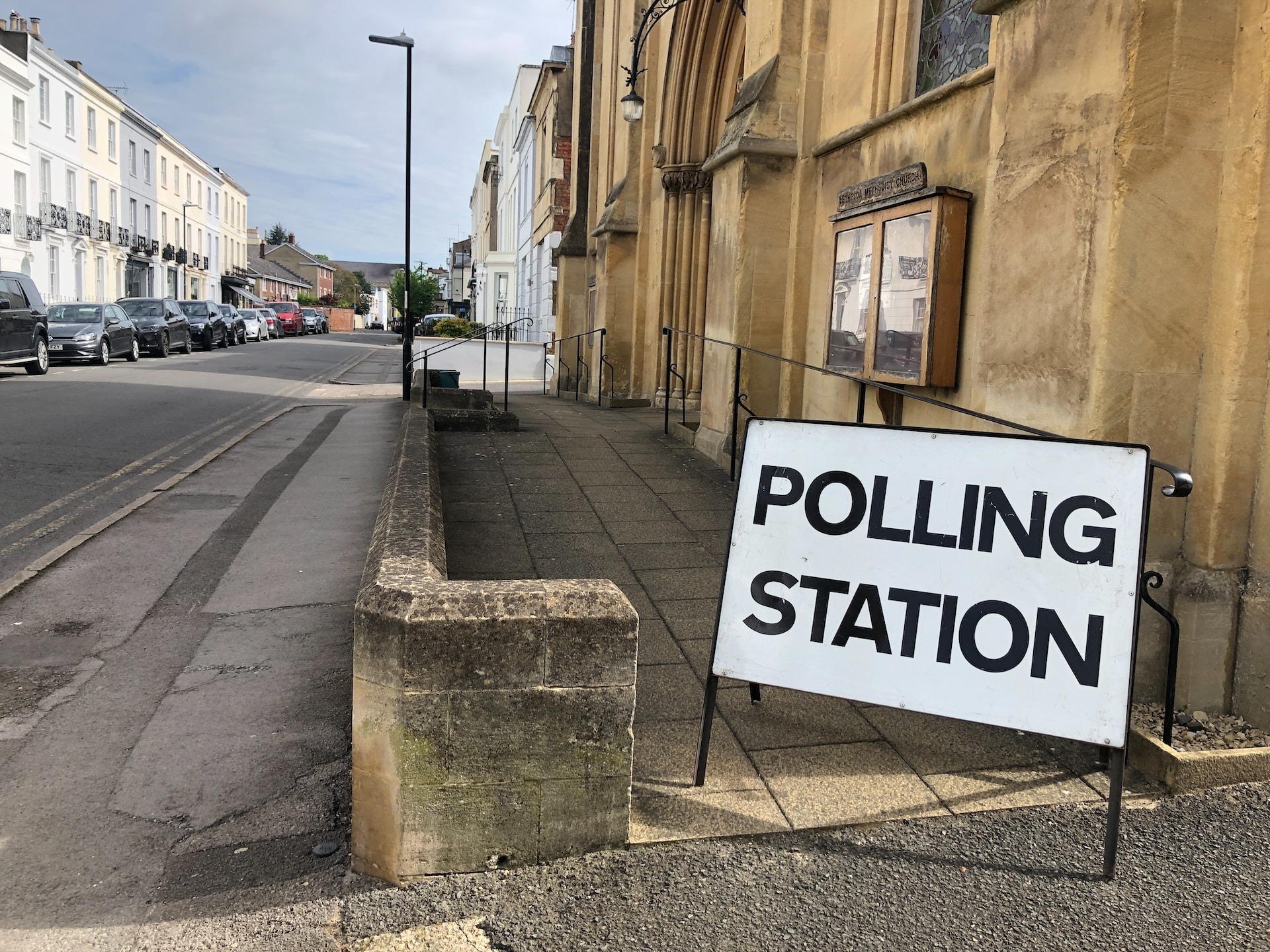
The local election in May was the first UK election to implement new regulations that require voters to show a photo ID. Fears that this requirement would prevent some people from voting – weakening British democracy and risking the disenfranchisement of marginalised groups – were confirmed.
The Electoral Commission’s full report is expected in September, but its interim report published in June revealed that nearly 14,000 people were denied a vote (the Commission noted that these figures are likely an underestimation). Roughly 0.7 per cent of people were initially turned away from stations for not having an admissible form of identification, such as a passport, driving licence or voter certificate. Most of those people returned later with the correct ID and were able to vote but there were still at least 0.25 per cent who tried to and could not.
What is harder to measure is how many people simply stayed at home on the day because they did not possess the right form of ID, and how many turned back before they reached the ballot-issuing desk – some polling stations warned people at the entrance about the requirement and the number of voters leaving at this point was not recorded. As a result, we will likely never know the full impact.
Due to electoral rules, it was not possible to collect comprehensive demographic data. But a small survey carried out by the Electoral Commission suggested that “some people found it harder than others to show accepted voter ID, including disabled people and the unemployed.” This appears to confirm concerns that the new regulations would have the gravest effect on people already marginalised and therefore less likely to have the correct ID, including ethnic minorities.
Photo ID has already been required in Northern Ireland for two decades. Toby James, a professor of politics and public policy at the University of East Anglia, told MPs that about 2.3 per cent of the electorate failed to vote in the first Northern Ireland assembly election following the introduction of the requirements as a direct consequence, and that it would be reasonable to expect a similar figure across the UK. If accurate, that will mean the voices of 1.1 million people who want to have a say on our next government will go unheard because of the rule.
The justification for voter ID requirements is that they will prevent people voting in somebody else’s name at polling stations – an offence known as “personation”. Yet this justification does not stand up to scrutiny. In 2019 there were just two allegations of personation at polling stations that resulted in cautions or convictions, out of 58 million votes cast in the UK that year.
That gives rise to the question of the true motivation. Given the groups most affected, critics see a cynical attempt by the Conservative government to disenfranchise voters who might be less inclined to support them. In an extraordinary statement at the National Conservatism conference in May, former cabinet minister Jacob Rees-Mogg appeared to admit as much – though he noted that the ploy may have backfired.
“Parties that try and gerrymander end up finding their clever scheme comes back to bite them, as, dare I say, we found by insisting on voter ID for elections,” he said. “We found the people who didn’t have ID were elderly and they, by and large, voted Conservative, so we made it hard for our own voters and we upset a system that worked perfectly well.”
Elections need to be secure, but they also need to be as accessible as possible. At best, the voter ID requirement weakens our democracy without adequate justification. At worst, it is a profoundly undemocratic attempt at voter suppression. Whichever it is, the outcome is the same: Hundreds of thousands of people are at risk of disenfranchisement at the next general election.
This article is a preview from New Humanist's autumn 2023 issue. Subscribe now.

